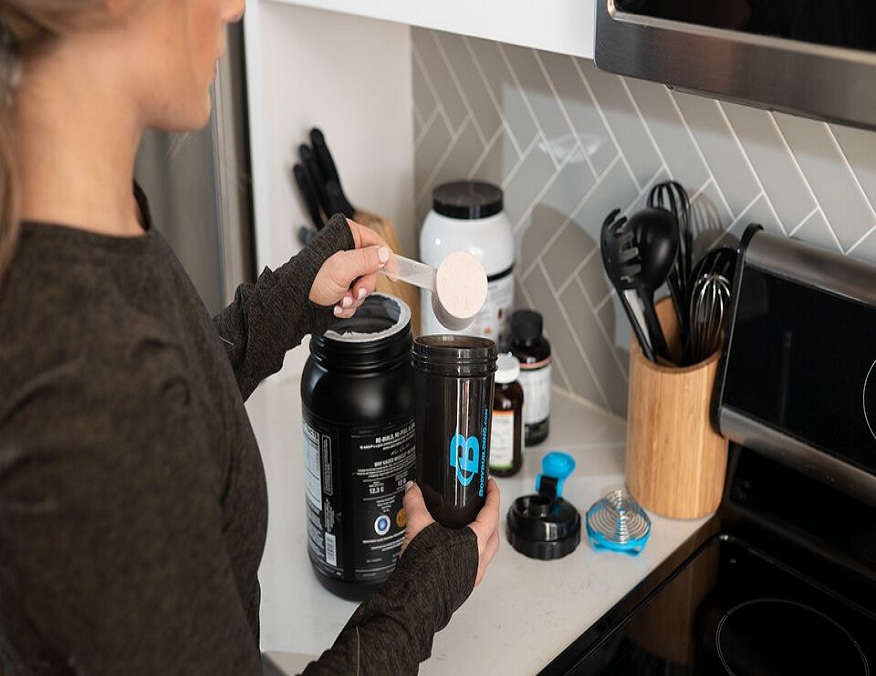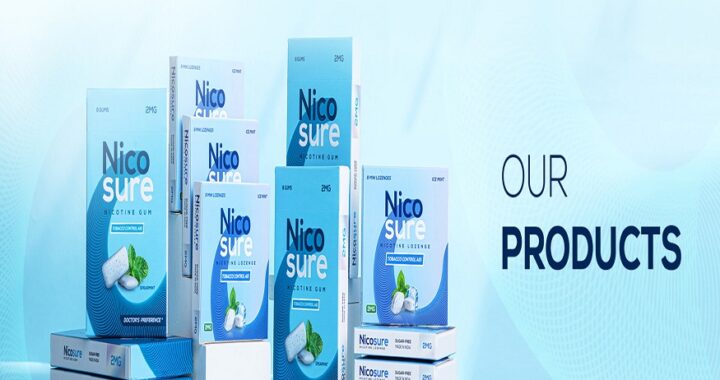Unlocking Peak Performance: How Beta-Alanine Enhances Athletic Performance

Beta-alanine is a popular dietary supplement known for its potential to enhance athletic performance. It is an amino acid that, when consumed, increases the levels of carnosine in the muscles. Carnosine is a dipeptide compound made up of beta-alanine and histidine, and it plays a vital role in muscle function during high-intensity exercise.
It is important to note that individual responses to beta-alanine supplementation can vary, and not all athletes may experience the same level of performance enhancement. Factors such as training status, genetics, and individual physiology can influence the effectiveness of beta-alanine.
When you consume beta-alanine that is high quality, this is how it will enhance athletic performance:
Increased muscle carnosine levels
Beta-alanine supplementation raises the levels of carnosine in muscles. Carnosine acts as an intracellular buffer, helping regulate the muscle tissue’s pH balance during intense exercise. By maintaining optimal pH levels, carnosine helps delay the onset of muscle fatigue, allowing athletes to perform at a higher intensity for longer periods.
Improved exercise capacity
Beta-alanine supplementation has been shown to enhance exercise capacity by increasing muscle carnosine levels. It particularly benefits high-intensity, short-duration bouts, such as weightlifting, sprinting, and high-intensity interval training (HIIT). Beta-alanine supplementation can improve performance by delaying fatigue and extending the time to exhaustion.
Increased muscle strength and power
Research suggests that beta-alanine supplementation can enhance muscle strength and power. By delaying muscle fatigue, athletes can exert more force and maintain higher power output during intense exercise. This effect may be especially beneficial for activities requiring short bursts of maximal efforts, such as jumping, throwing, and explosive movements.
Enhanced aerobic endurance
While beta-alanine is primarily associated with improving anaerobic performance, some evidence suggests it may also benefit aerobic endurance activities. Beta-alanine supplementation can help endurance athletes sustain higher intensities for longer durations by delaying the onset of fatigue.
Optimal dosing and timing
To experience the performance-enhancing effects of beta-alanine, it is essential to follow proper dosing and timing protocols. The typical dosage ranges from 4 to 6 grams of beta-alanine per day, divided into smaller doses to minimize the tingling sensation known as paresthesia, a common side effect of high doses. Taking beta-alanine regularly for several weeks is recommended to increase muscle carnosine levels before expecting significant performance benefits.
Synergistic effects with other supplements
Beta-alanine is often combined with other supplements to enhance its performance benefits further. For example, combining beta-alanine with creatine has been shown to have additive effects on muscle strength and power. Additionally, combining beta-alanine with caffeine may improve endurance performance due to caffeine’s stimulant properties.
Individual response and adaptation
The response to beta-alanine supplementation can vary among individuals. Some people may experience noticeable performance improvements, while others may see minimal or no effects. It is important to note that beta-alanine’s benefits may be more pronounced in individuals with lower initial muscle carnosine levels. Regular and consistent supplementation over several weeks is typically required for optimal results.
As with any dietary supplement, it’s advisable to consult with a healthcare professional or a sports nutritionist before incorporating beta-alanine into your regimen, especially if you have any pre-existing medical conditions or are taking other medications. They can provide personalized advice and guidance based on your needs and goals.

 Stronger at 40: Balancing Work, Life, and Fitness
Stronger at 40: Balancing Work, Life, and Fitness  Top 10 Best Personal Training Options in Dallas
Top 10 Best Personal Training Options in Dallas  Enhancing Endurance and Recovery with Anavar: What You Should Know
Enhancing Endurance and Recovery with Anavar: What You Should Know  Eco-Friendly Flooring: The Sustainable Revolution in Gyms and Playgrounds
Eco-Friendly Flooring: The Sustainable Revolution in Gyms and Playgrounds  7 Reasons to Choose Brazilian Jiu-Jitsu
7 Reasons to Choose Brazilian Jiu-Jitsu  Maximizing Muscle Engagement With Cardio Machines
Maximizing Muscle Engagement With Cardio Machines  Dental Infection Treatment and the Evolution of Advanced Dental Technology
Dental Infection Treatment and the Evolution of Advanced Dental Technology  Best Nicotine Gum Options: Key Benefits and How to Choose the Right One
Best Nicotine Gum Options: Key Benefits and How to Choose the Right One  Deep Cleaning Woodland Hills: Understanding Gum Health and Advanced Dental Cleaning
Deep Cleaning Woodland Hills: Understanding Gum Health and Advanced Dental Cleaning  Dental Implants and Osteoporosis: What Patients Should Know About Safety and Healing
Dental Implants and Osteoporosis: What Patients Should Know About Safety and Healing